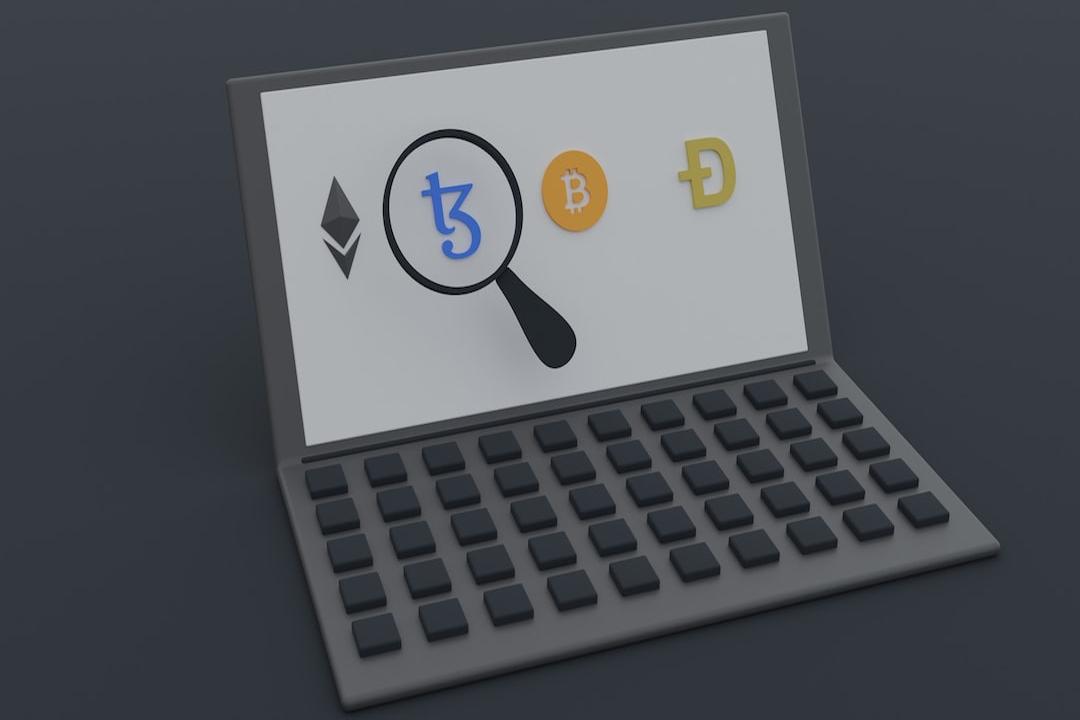The Board of Governors of the United States Federal Reserve System recently published a research paper that highlights the advantages and disadvantages of creating and implementing a central bank digital currency (CBDC) in response to unnamed foreign powers.
CBDCs are digital currencies that are controlled by the government that issues them. Supporters argue that introducing a U.S. CBDC would strengthen the position of the dollar as the dominant international currency.
However, critics insist that a CBDC would lead to centralization, invasion of privacy, and the ability of U.S. authorities to freeze assets at any time.
In the research paper, two senior economic analysts examine the potential consequences of introducing a U.S. CBDC on the dollar and its role in international payments.
The researchers note that “over 90% of central banks are exploring CBDCs” and that the Federal Reserve is also considering the implications and options for implementing a CBDC.
One of the main concerns of the researchers is whether the dollar can compete with foreign CBDCs if the U.S. does not issue its own. According to the paper, there is little concern that the dollar’s status as a “unit of account” or “store of value” will be affected by the existence of a “large and stable foreign CBDC” outside of U.S. jurisdiction. However, they do suggest that the dollar could lose its position as the preferred currency for international transactions.
CBDCs have been a subject of disagreement among U.S. politicians. Former President Donald Trump, who is also a candidate for the 2024 presidential election, has vowed to obstruct any efforts to create a CBDC while in office.
In addition, a group of five U.S. senators recently proposed a bill that would effectively ban CBDCs in the country. A survey conducted in May 2023 revealed that only 16% of respondents in the U.S. support the introduction of a CBDC.


